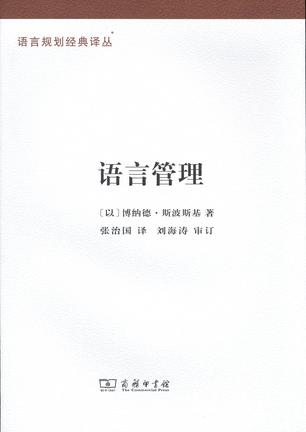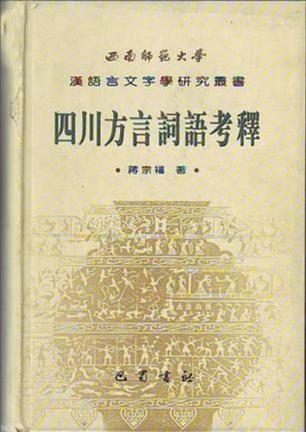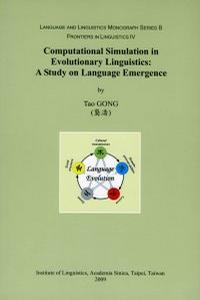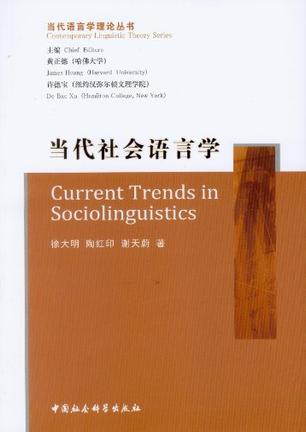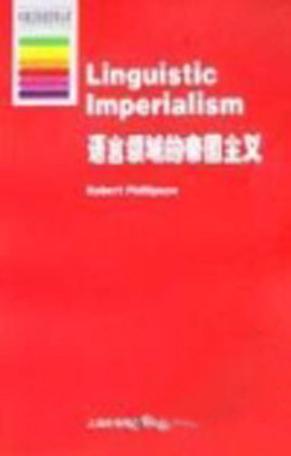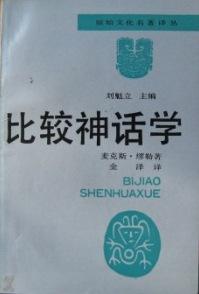语言领域的帝国主义
菲利普森 编
Acknowledgements; 1. ELT: Taking stock of a world commodity; The aims of this book; English for all?; Professional and ethical aspects of ELT 'aid'; Notes; 2. English, the dominant language; English in core English-speaking countries; English in periphery-English countries; Language promotion; Opposition to the dominance of English; Notes; 3. Linguistic imperialism: theoretical foundations; A cautionary word on terminology; A working definition of English linguistic imperialism; Linguistic imperialism and linguicism; Cultural imperialism in science, the media, and education; The State, hegemony, and ELT; Notes; 4. Earlier work relevant to linguistic imperialism; Language spread; The sociology of language; Language planning; Theoretical models of language teaching and learning; Linguistic human rights; Two approaches, Wardhaugh and Calvet; Notes; 5. The colonial linguistic inheritance; Their masters' language; Colonial educational language policy and practice; The importance of English as a colonial inheritance; Notes; 6. British and American promotion of English; The origins and structure of the British Council; The British strategy for expanding ELT; American promotion of English; Anglo-American collaboration; Notes; 7. Creating a profession: the structure and tenets of ELT; Creating a British academic base for ELT; ELT and educational language planning for under-developed countries; Tenet one: English is best taught monolingually; Tenet two: the ideal teacher of English is a native speaker; Tenet three: the earlier English is taught, the better the results; Tenet four: the more English is taught, the better the results; Tenet five: if other languages are used much, standards of English will drop; Conclusions: the legacy of Makerere; Notes; 8. English language teaching in action; ELT research; ELT in 'aid' to education; - The overall context of ELT 'aid'; - EFL, ESL or ... ?; - Principles for the analysis of ELT in 'aid'; - Postulate 1: political disconnection; - Postulate 2: narrowly technical training; - English for special and new purposes; Notes; 9. Arguments in linguistic imperialist discourse; Types of argument and types of power; English-intrinsic arguments; English-extrinsic arguments; English-functional arguments; The means used to exert linguistic power; Arguments in language planning for Namibia; Notes; 10. Linguistic imperialism and ELT; ELT: master-minded?; On the force of the evidence; Studying ELT and imperialism; Notes ; Bibliography; Index
